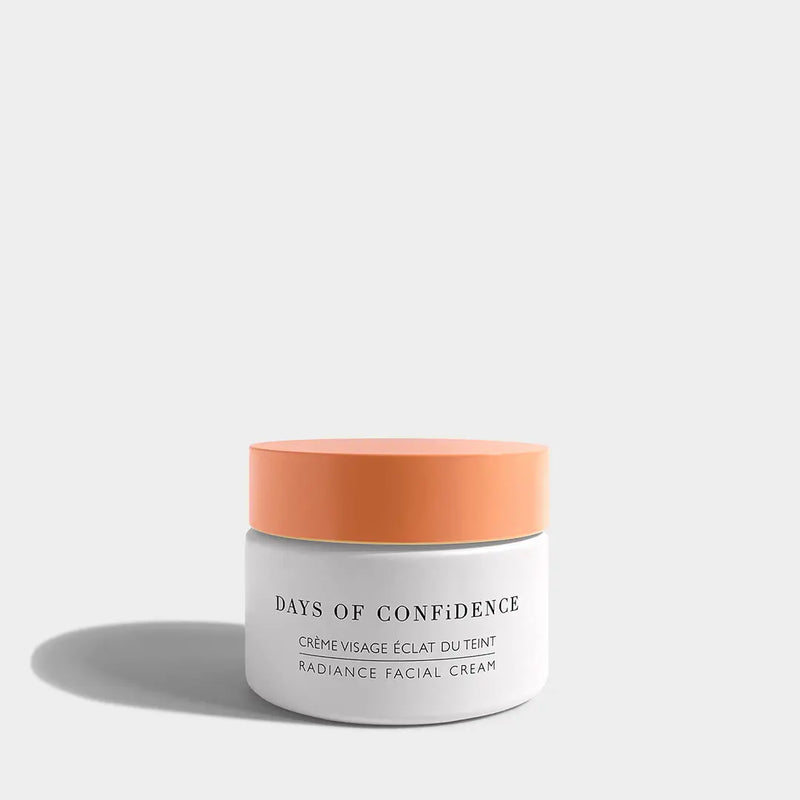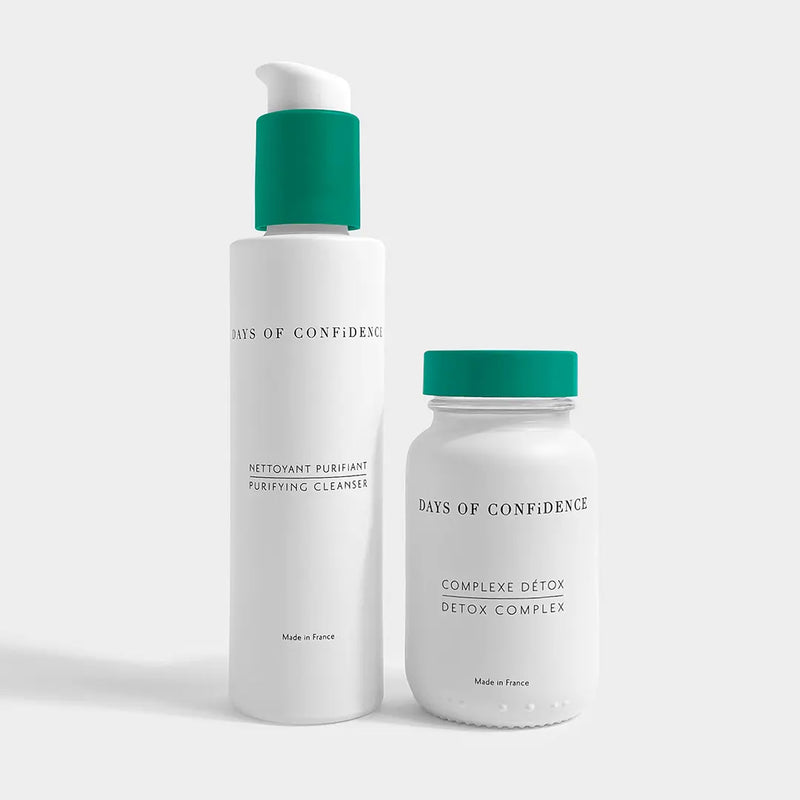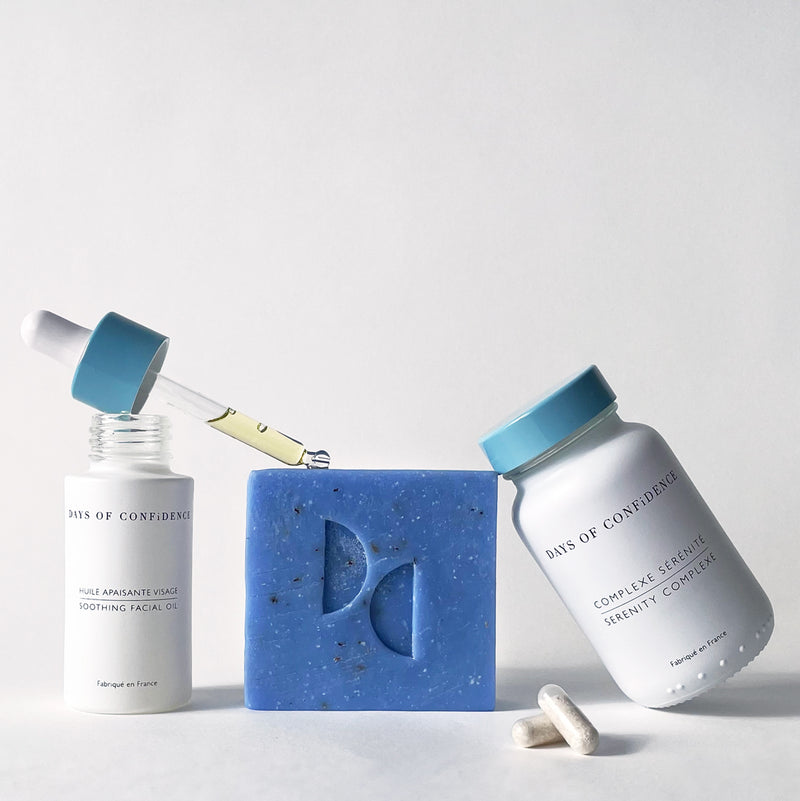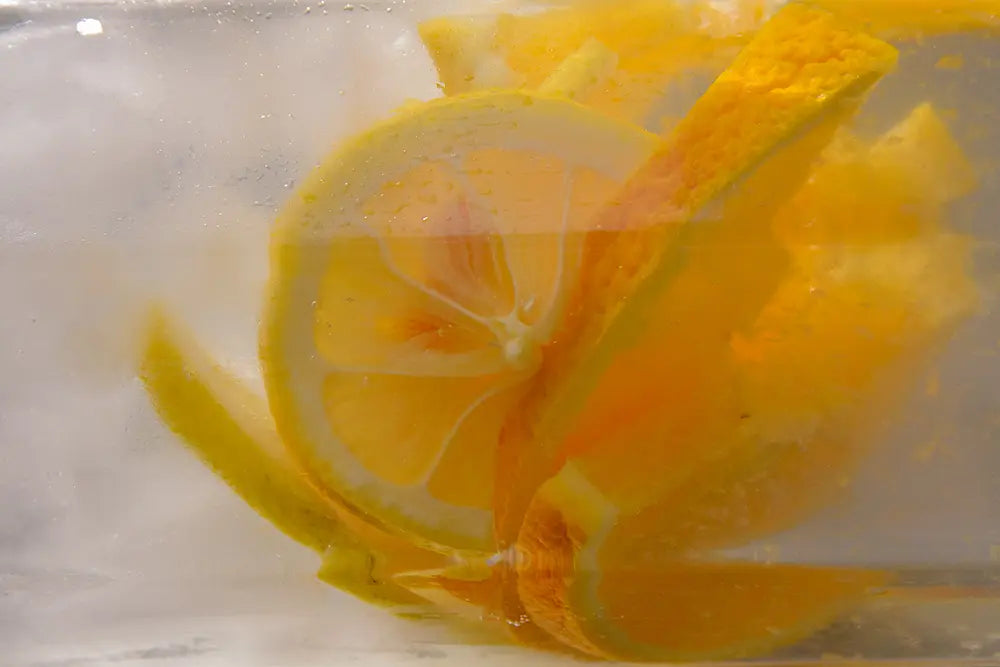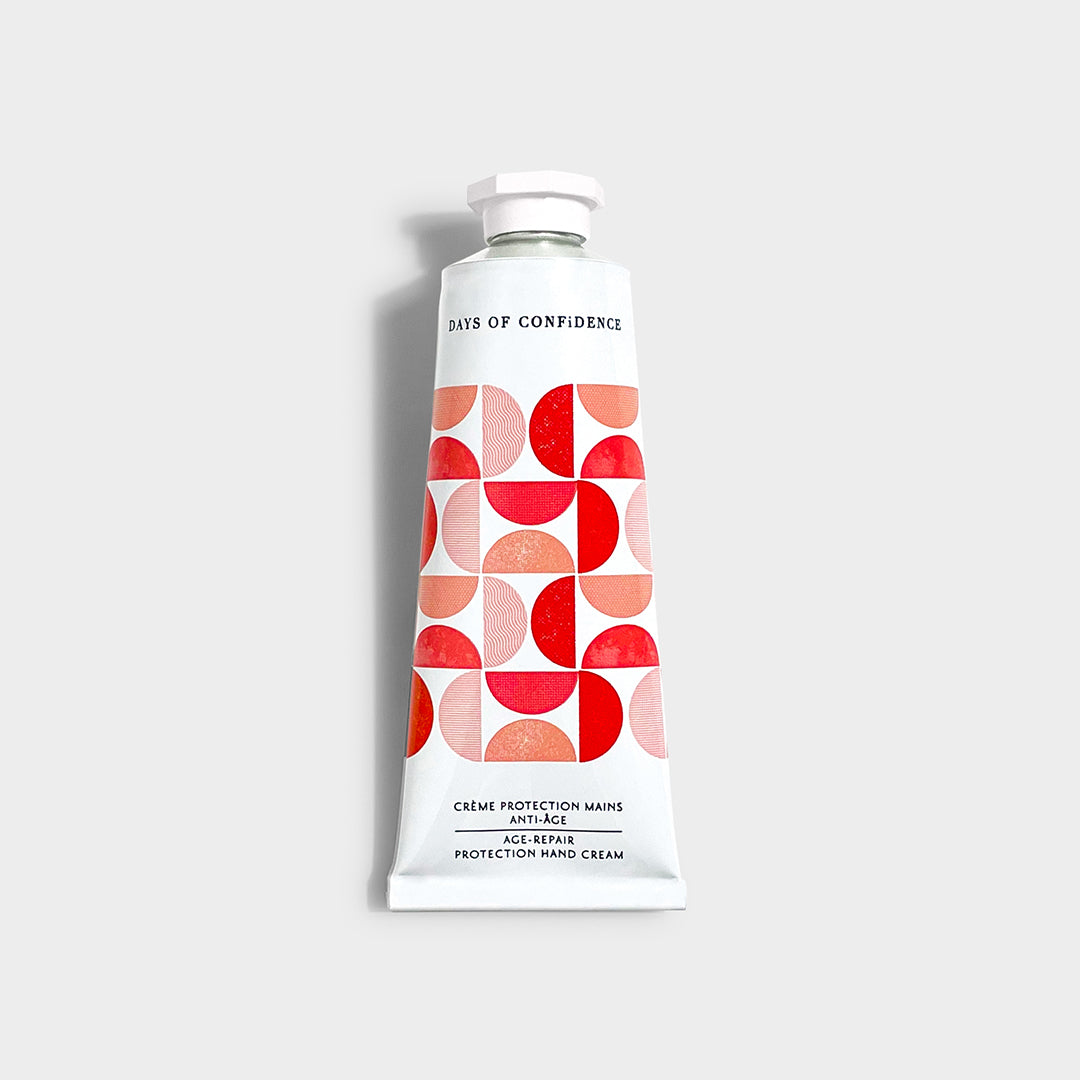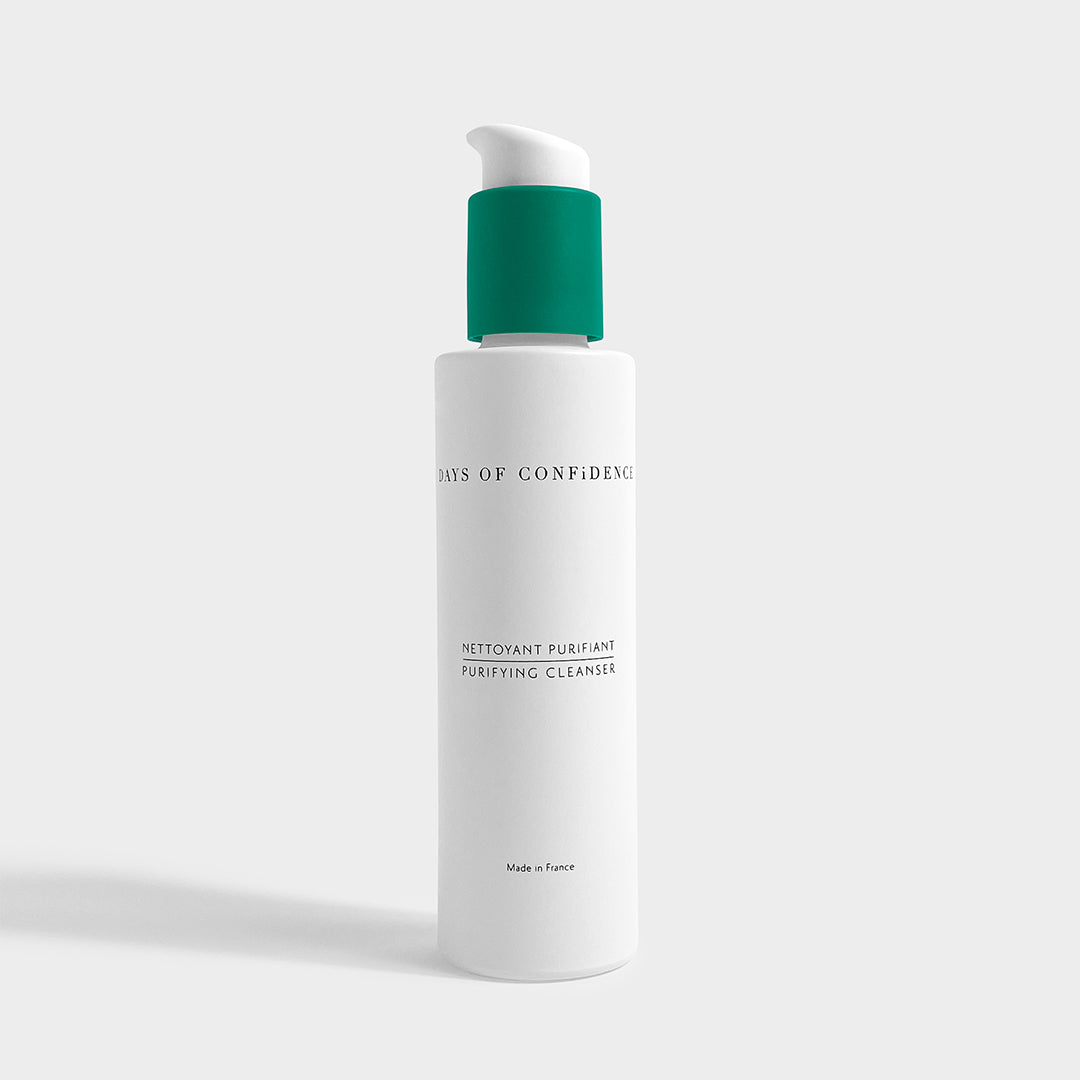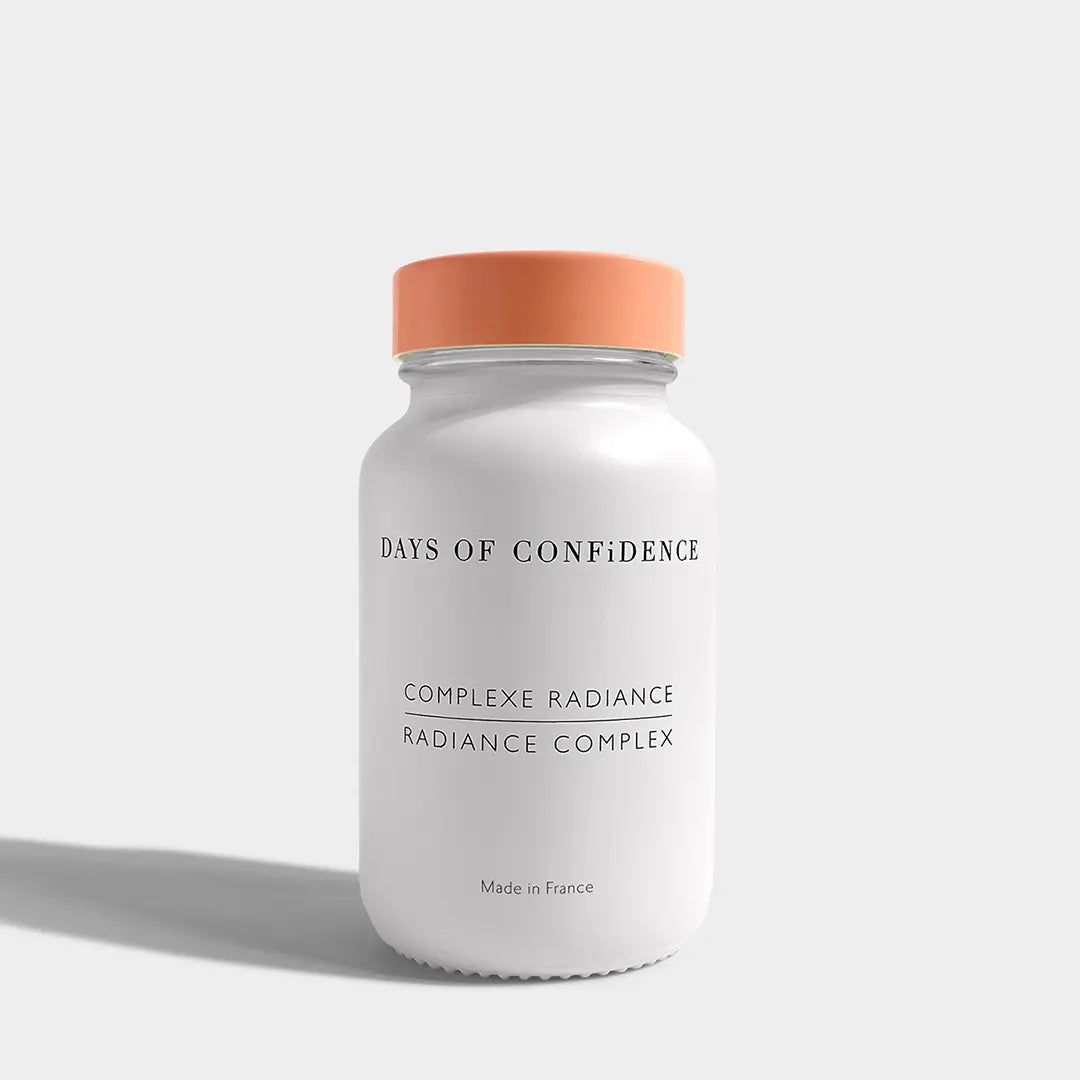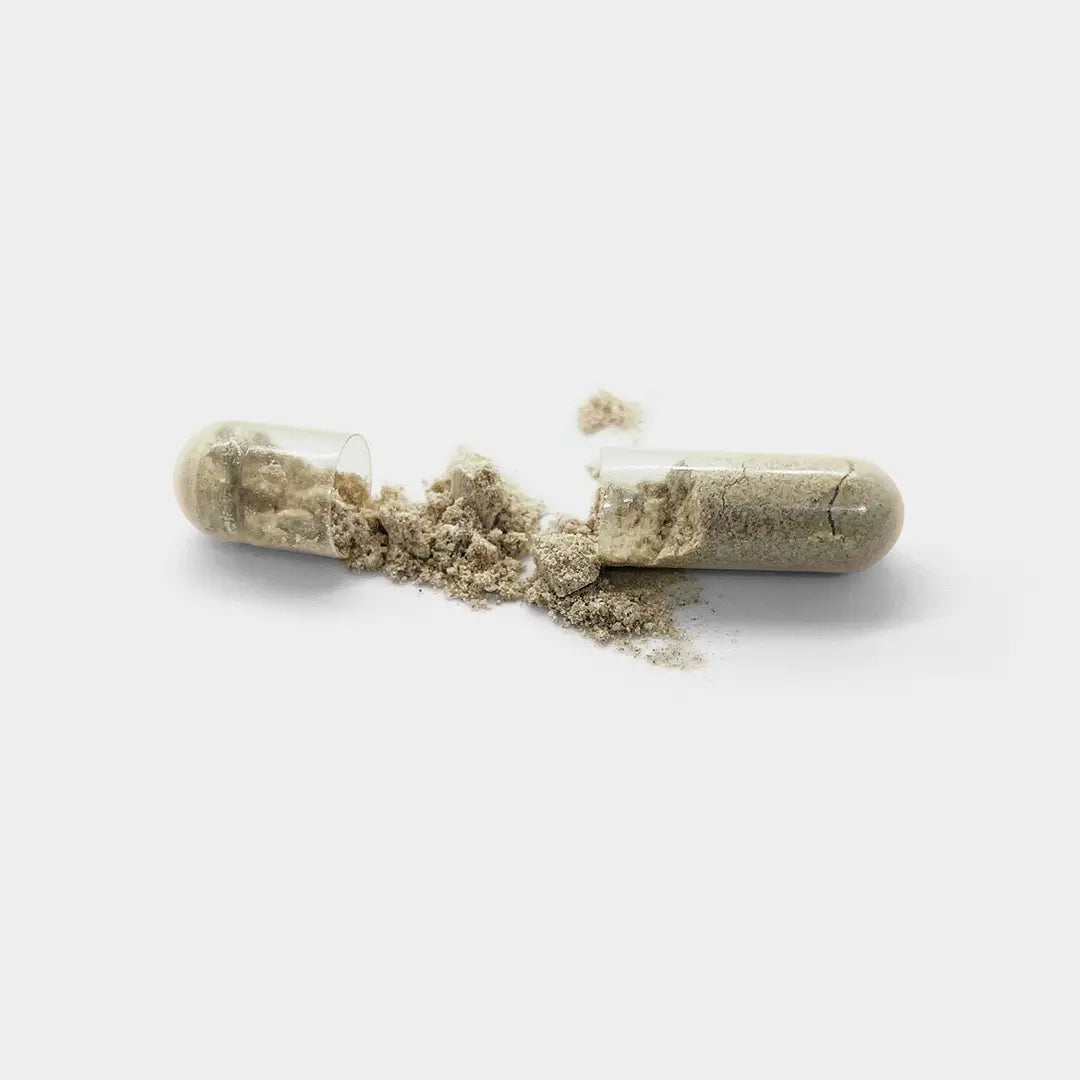This is no longer a scoop: 72% of French people are in favor of more responsible consumption, according to the 14th barometer of responsible consumption by Ademe (Ecological Transition Agency). Faced with this change in demand, the time has come for transparency for brands, whatever they are. If these changes promote virtuous behavior most of the time, it must be said, it is also a breeding ground for greenwashing. This “ecological bleaching” also known as “eco-bleaching” is based on environmental arguments to promote products whose interest is not there. And it is clear that we all more or less fall into the billboard at some point...
We wanted to enlighten you on the subject, from the points of attention on the ground to the legal framework, so that the siren song of greenwashing leaves you permanently unmoved.
What is greenwashing?

To begin with, it is necessary to clarify that these dubious practices can, in fact, take very different forms. The spectrum is wide, ranging from outright lies (false labels, false claims, non-existent evidence or provisions that are passed off as voluntary when they are purely regulatory) to intentional lack of precision (vague terms, disproportionate promises, before off-topic) through the borrowing of a misleading natural imagination, out of step with the reality of the product.
We estimate that nearly 12% of advertisements today would misuse the ecological argument (Autorité de Régulation Professionelle de la Publicité or ARPP, 2019), either because they are downright misleading or because the information provided is in reality subject to reservations.
However, we sense from reading the concrete forms that greenwashing can take on how difficult it is to draw truth from falsehood.
Greenwashing and cosmetics: misleading signs

In the world of beauty and well-being, the scourge of greenwashing is particularly raging. Brands, whether they target the consumer or luxury market, are now required to be extremely vigilant. Like Sanex, which published a television spot in 2019 to promote its new compressed deodorant. The video made had to disappear from circulation, pinned for greenwashing by Ademe and ARPP. To sell this new product, the brand staged gray smoke emissions symbolizing pollution and formulated slogans such as “liberate the planet from CO2 emissions”. Compressing the deodorant reduced the impact of the packaging on the environment, without completely eliminating it. We were faced with a case of disproportionate promises.
In the field on a daily basis, in the jungle of products presented as “transparent”, it is however not so simple and still just as obvious. Actors in good faith, with very targeted visibility on social networks or with certain distribution channels, continue to convey erroneous messages about certain components for example... And increasingly informed consumers are beginning to challenge them, not without friction.
Far be it from us to feed these clashes... We give you some identification keys which should alert you to a lack of consistency with regard to a global "clean" allegation:
-
a brand universe literally focused on nature or “feel good” quotes. In other words green everywhere and the little birds singing, are you following us? A clean product does not necessarily need to prove by a plus b that it is, it is content to be;
-
a large amount of packaging or disproportionately large packaging which, despite all the clarity of the formula, harms its environmental impact.
-
the abuse of restrictive “SANS” statements that divert the customer's attention from other potential subjects;
-
an extended or not 100% transparent list of ingredients (INCI);
-
a gray area as to the origin of the ingredients or their method of extraction;
-
prices that are too low in relation to the quality promised or, conversely, totally disconnected from the composition of the products;
-
an absence of reliable environmental labels or the display of self-created labels;
-
a very insistent mode of communication pushing consumption more than reason (ultra-frequent newsletters, continuous promotional campaigns, etc.);
-
a lack of supporting scientific studies or arguments in responses to customer reviews or official brand communications when an ingredient appears to be controversial.
Allow us a more informal addition: trust each other, without abusing mistrust! The first impression is often the right one. We have all experienced it: when we have the feeling of an overflow of demonstrations, we are annoyed on the one hand but also confused. In this case, don't try to rationalize and look for a product that will make you more obvious.
Greenwashing: what legal framework?

The government has recently taken on the problem by trying to regulate ecological communication. It is the advertising section of the Climate and Resilience law that takes care of this and comes into force from August 1, 2022. It purely and simply prohibits all forms of greenwashing and tightens the penalties in connection with these practices.
Consequently, companies unable to prove the alleged environmental facts will be required to:
-
pay a fine of up to 80% of the expenses incurred in the targeted communication campaigns;
-
communicate publicly about these penalties for greenwashing .
The decree also provides for the creation of an eco-score, applicable from 2022 to products from the automotive and household appliance industries, gradually extending to other sectors of activity. Finally, brands will be able to adhere to a code of good conduct, the list of members of which will be made public by the Conseil Supérieur de l'Audiovisuel (CSA).
Dissuasive measures therefore, but still essentially oriented towards the communication giants. In the proliferation of small “green”, “clean” or “eco-responsible” brands in the world of well-being and beauty, we must for the moment stick to our feelings, based on the few rational arguments mentioned. upper.
Finally, is it necessary to remember that if consuming green makes more than sense, we can legitimately be tempted to make occasional use of less virtuous products? This can be to treat a specific problem on which natural products have less influence or to relive an emotion from the past, Proust's madeleine style... No need for justification or guilt. But one piece of advice: for your guilty pleasures, turn to players who fully assume that they are not (yet) 100% eco-responsible!

